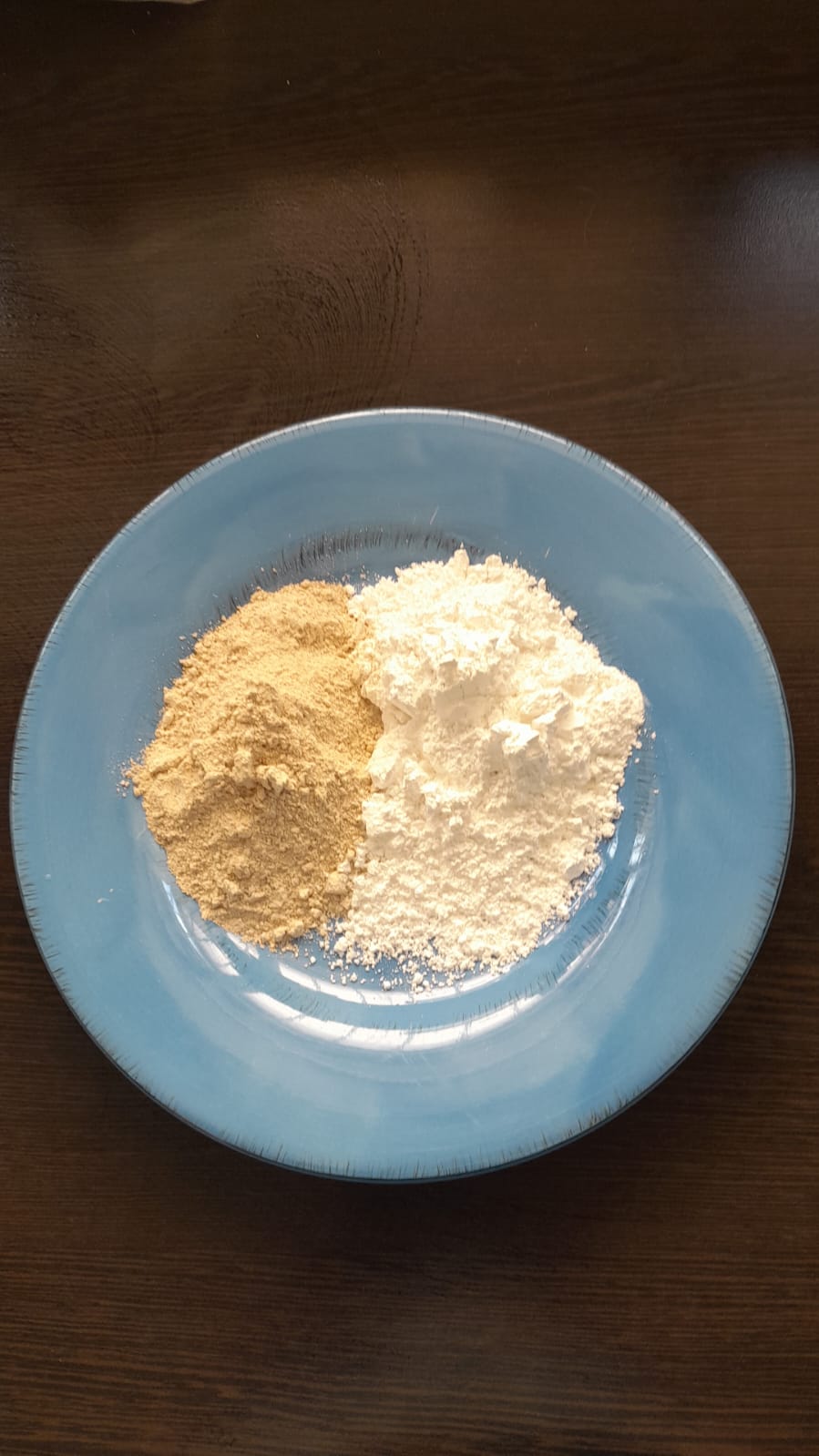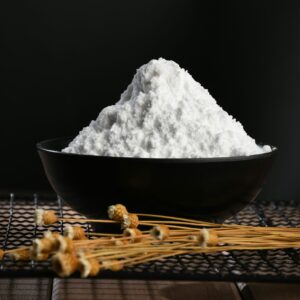Description
MAGNESIUM OXIDE
Very few people are aware of the enormous role magnesium plays in a horse’s body. After oxygen, water, and basic food, magnesium may be the most important element needed to maintain health. It is vitally important, yet hardly known.
Magnesium is by far the most important mineral, regulating over 325 enzymes in the body. Magnesium also activates enzymes necessary for the metabolism of carbohydrates and amino acids which lead to protein synthesis.
Magnesium is often the most neglected mineral in horse feeds.
Calcium and magnesium work closely with each other. Calcium needs magnesium to assimilate properly however magnesium does not need calcium. Calcium is responsible for contracting the muscle and magnesium looks after the relaxation or release of the muscle. When a muscle cell is triggered, the cell membrane opens, letting calcium in and raising the calcium level in the cell setting off a reaction and the muscle contracts. When the contraction is done, the magnesium inside the cell helps to push the calcium back out of the cell releasing the contraction. This happens very rapidly. When there is not enough magnesium in the cell, calcium can leak back in causing a stimulatory effect and the muscle cannot completely relax. This can put the body into a continually stressed state.
The use of magnesium today is often incorrect. One reason is this that calcium needs magnesium in order to assimilate into the body. However, when too much calcium is consumed, it inhibits the body’s ability to absorb and utilize magnesium efficiently. To maintain proper levels in the blood, the body will borrow magnesium from bones and soft tissue to make up for the shortfall in order to assimilate the calcium. Over time, this creates an accumulative negative reaction in the body that actually triggers the body to release adrenaline adding to the excitatory behaviour.
Only approximately 1% of magnesium is stored in the blood, the rest is stored in soft tissue and bone and the body is very efficient at maintaining that level in the blood stream to facilitate organ function.
Dosages:
Horses : 30g a day
Ponies : 20g a day






Reviews
There are no reviews yet.